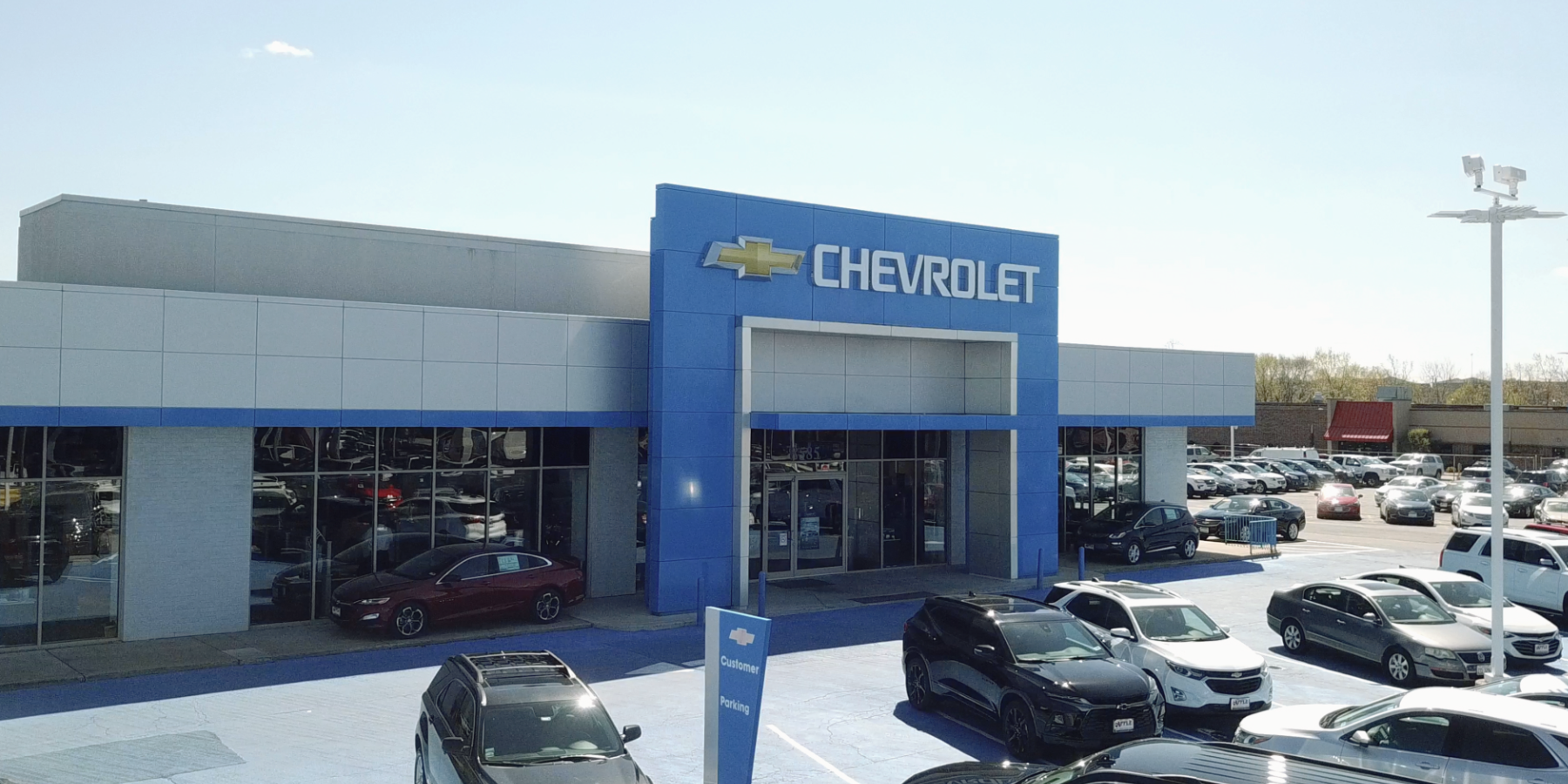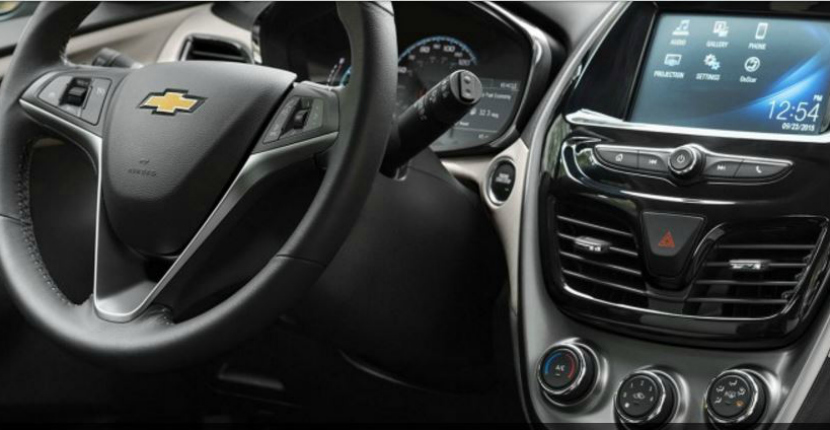Toyota stops production, sales of 8 models for gas pedal problem
By Steven Mufson and V. Dion Haynes
Washington Post Staff Writer
Wednesday, January 27, 2010
Toyota took the extraordinary step Tuesday of suspending the manufacture and sale of eight of its most popular models because of an unresolved mechanical flaw that might cause the accelerator to get perilously stuck in the depressed position.
The move comes after two massive recalls involving millions of vehicles with either the same flaw or one in which floor mats also caused the accelerator to get stuck.
The Japanese carmaker told its dealers to temporarily stop selling the RAV4, Highlander and Sequoia sport-utility vehicles; Corolla, Camry and Avalon cars; Matrix hatchbacks; and Tundra pickups, Toyota said in a statement. Production lines at five North American plants will be idled for the week starting Monday.
The standstill is a huge setback for a company that built its business largely on a reputation for reliability and which perennially vies with General Motors and Volkswagen for the No. 1 sales ranking among world auto companies. And it left many loyal Toyota customers worried about safety and confused about what to do, because Toyota isn’t sure how to fix the problem.
“This is unprecedented,” said Michelle Krebs, a senior analyst with Edmunds.com. “In the past, we have seen an automaker stop production of one specific vehicle or two. . . . We’ve never seen an automaker pull the sales of so many models.”
Krebs said the eight models represent 65 percent of sales of the Toyota brand and more than half of sales of the parent company, which also makes Lexus and Scion.
Toyota said it was halting sales because “helping ensure the safety of our customers and restoring confidence in Toyota are very important to our company.”
The company’s group vice president and Toyota division general manager, Bob Carter, said in a statement that “this action is necessary until a remedy is finalized. We’re making every effort to address this situation for our customers as quickly as possible.”
Toyota has been struggling with gas pedal problems for months. In late September, it recalled more than 4 million vehicles after a luxury Lexus ES350 was involved in a fiery fatal accident in California that focused public attention on the danger. The crash killed a California Highway Patrol officer and three members of his family near San Diego. The Lexus hit speeds exceeding 120 mph and, in a frantic emergency call, a family member told emergency responders that the accelerator was stuck and the driver could not stop. Toyota said the driver’s side floor mat jammed the gas pedal. Popular vehicles such as the Camry and the Prius were among those fixed.
Then on Thursday, Toyota recalled 2.3 million vehicles, many of them the same as those recalled in November. This time, Toyota said that an accelerator component might cause gas pedals to stick.
“Toyota has investigated isolated reports of sticking accelerator pedal mechanisms in certain vehicles without the presence of floor mats,” the company said in a statement. “There is a possibility that certain accelerator pedal mechanisms may, in rare instances, mechanically stick in a partially depressed position or return slowly to the idle position.”
In addition, two recent incidents in Texas and New Jersey are “under active investigation,” a Toyota official said. In the Dallas incident Dec. 26, four people died.
The Department of Transportation, which oversees the National Highway and Traffic Safety Administration, declined to comment and referred questions to Toyota.
The announcement Tuesday caught dealers and customers off balance. Krebs said many customers, especially owners of low-priced models such as Corolla, might not have spare cars or alternative ways of commuting while Toyota figured out how to repair the problem. Yet, Krebs said, motorists should avoid driving any vehicle that gave any hint of having such trouble.
John P. McEleney, chairman of the National Automobile Dealers Association and operator of a Toyota dealership for 37 years in Clinton, Iowa, said the timing of the halt in sales is unfortunate, given the industry’s slump.
“The massive recall will have a lot of impact,” McEleney said. “Not being able to sell the cars . . . is going to be very challenging in the environment we’re in. But Toyota buyers are pretty loyal . . . and I think a lot will come back in March, April and May.”
Marc Cannon, spokesman for AutoNation in Fort Lauderdale, Fla., which operates one of the country’s largest Toyota dealerships, said the firm has not determined how it will respond to the announcement. “We’re going to go through the facts ourselves. We’re reviewing it,” he said. “It’s going to take some time to digest it over the next 12 to 24 hours.”
Ben Messier, general manager of Antwerpen Toyota in Clarksville, said he had just gotten word about the automaker’s decision and hadn’t heard from customers. Despite the extent of the problem, Messier said, such flaws have been rare at Toyota, and he praised the automaker for “getting out in front” of the situation.
Edmunds.com analyst Krebs said the Toyota move was much more far-reaching than other problems of this sort. The eight models are made at different factories and use different platforms, she said, making the source of the accelerator problem even more unusual. The Tundra pickup truck and Sequoia SUV share the same underpinning, but the Highlander SUV and Camry sedan rely on a different one.
Brian A. Johnson, auto analyst at Barclays Capital, said the gas pedal problem could reveal a danger of global parts sourcing. “Toyota is known for using the same parts design across multiple cars and factories and countries,” he said, “which everyone is trying to emulate because it gives you economies of scale. What this shows is one of the risks of that strategy. When something goes wrong, instead of a couple-of-hundred-thousand-part recall, you have a multiple-million-part recall.”
Tuesday’s recall and sales suspension covered the following models and model years: the 2009-10 RAV4, 2009-10 Corolla, 2009-10 Matrix, 2005-10 Avalon, 2010 Highlander, 2007-10 Tundra, 2008-10 Sequoia and certain 2007-10 Camry models.
Staff writer Sholnn Freeman contributed to this report.


